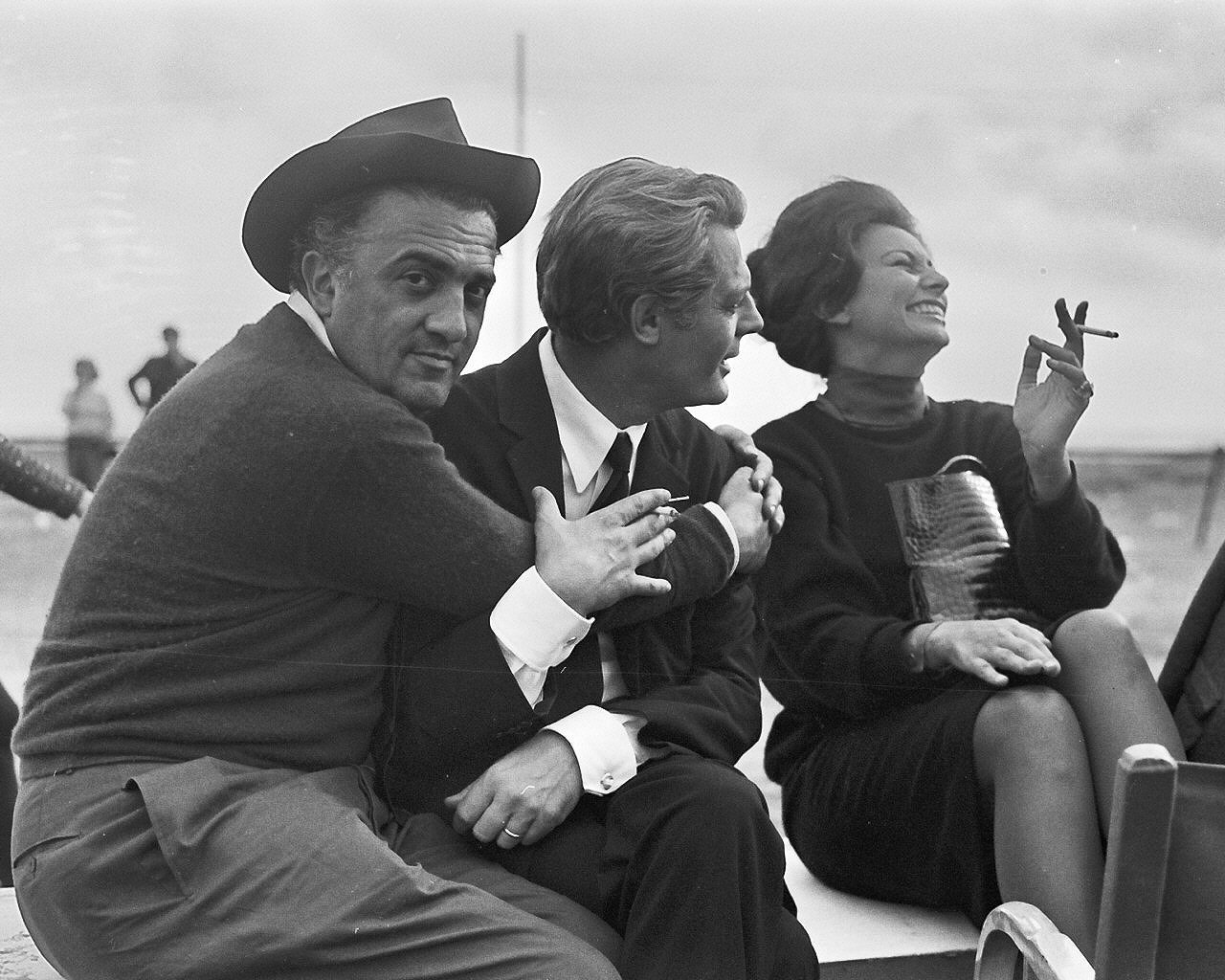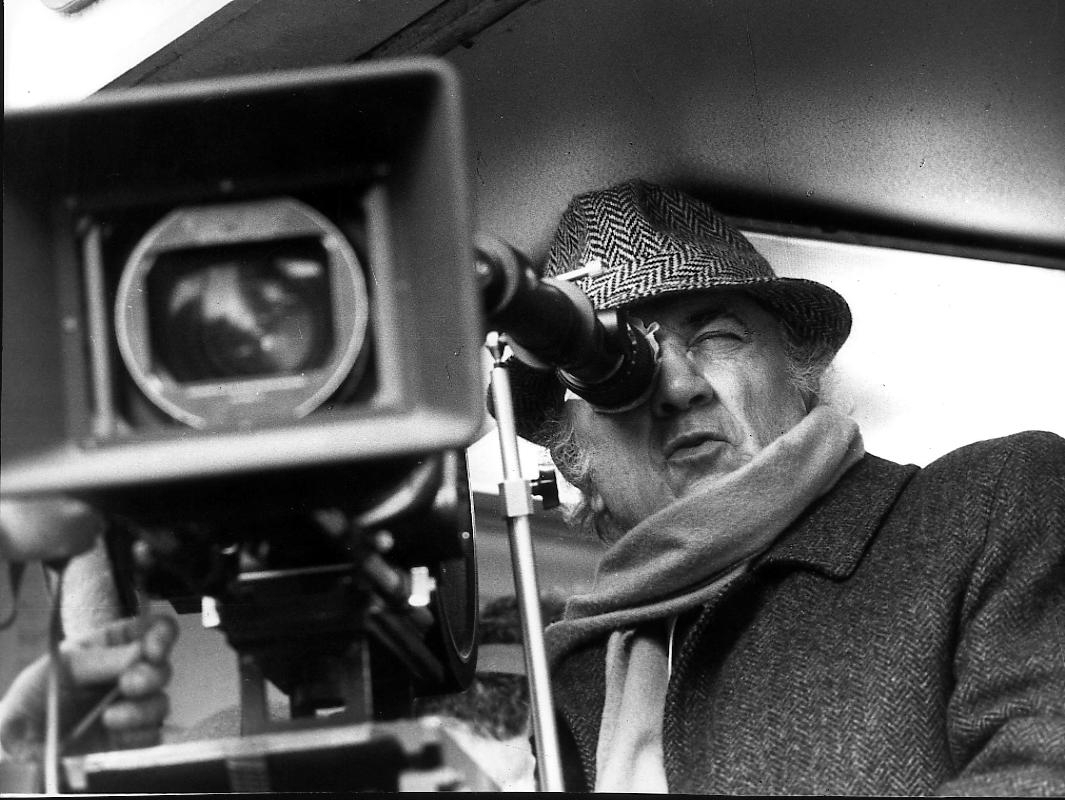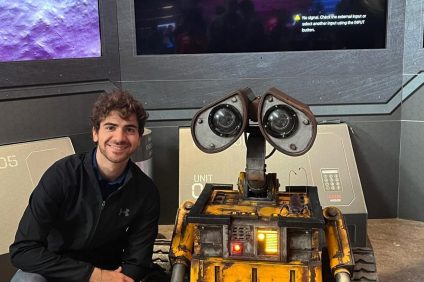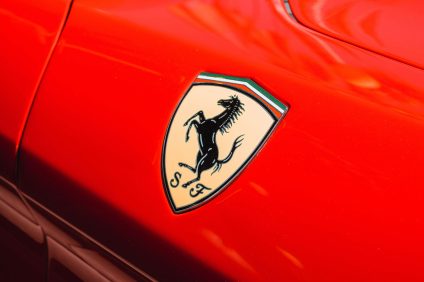Italian cinema has always been full of excellent personalities, recognized all over the world and who represent an inexhaustible source of pride for our culture. Names such as Vittorio De Sica, Ettore Scola, Pierpaolo Pasolini, have characterized and influenced the cinematic landscape both national and international. Certainly, however, when it comes to Cinema, the first name that comes to mind is that of the immense Federico Fellini, one of the greatest directors ever, born on 20st January!
The story of Federico Fellini: from comics to screenplays!
Cinema that becomes philosophy, art, history and culture. The great Federico Fellini knew something (indeed, everything) well. Its story begins in Rimini on January 20, 1920, from a family of humble origins. The father, Urbano, was a representative of sweets and liqueurs, while the mother, Ida, was a housewife. The first scholastic experiences, in the classical high school Giulio Cesare of Rimini, lead him to discover his ability in cartoon drawing, in which he tries his hand by creating comics and caricatures of all sorts. It doesn't take long for the sacred fire of cinematic art. The seventh muse has been kissing him since the age of sixteen years, when, without parental permission, he was already wandering to visit the cinemas of his city. In adolescence he collaborated with some newspapers and magazines, including The Sunday of the Courier and a political-satirical weekly, the 420.
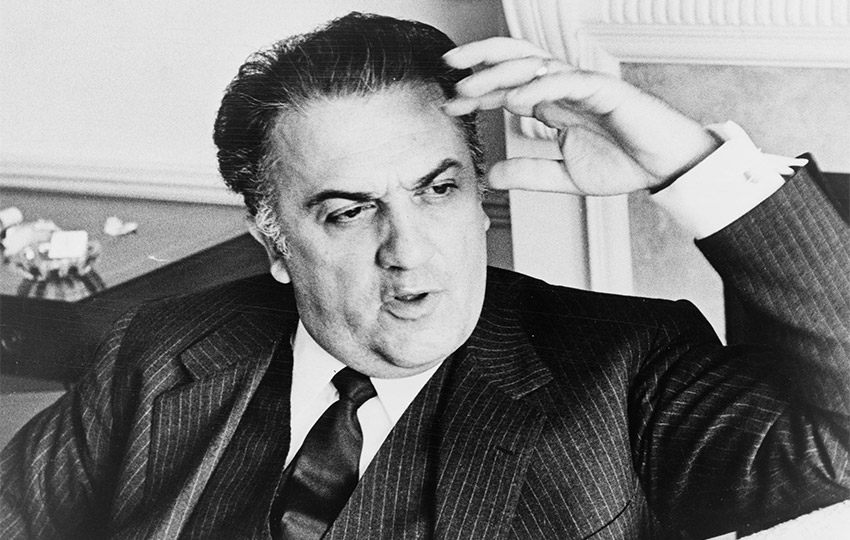
In 1939 he went to Rome under the pretext of attending university, for the sole purpose of devoting himself to journalism. He arrives in the capital with his mother, and, despite having enrolled in law, his dream is certainly not to be a lawyer: he debuts in the famous magazine Marc'Aurelio like satirical designer, as well as being the author of many columns, including Frederick's stories. He quickly became one of the most popular writers of the fortnightly. In addition to the huge earnings, the first proposals from screenwriter. In fact, he collaborates in the drafting of the film Fourth page, by Nicola Manzari, and by Next there is room ... e Field of 'Fiori, co-authored with Bonnard. The turning point, however, came in 1945, when, thanks to the attendance of a shop called The funny face shop (which has names of the caliber of Guasta, Bompiani and Della Rocca), knows the famous director Roberto Rossellini.
Fellini and the encounter with cinema: "The visionary is the only realist"
Thanks to the fateful meeting with Rossellini, other fundamental collaborations also follow for the budding director. As well as with Rossellini himself for Rome city open, also participates as an actor in the film The love, impersonating a vagabond who seduces a very young girl Anna Magnanthe. 1950 was the turning point: Fellini made his directorial debut with Variety lights, which he directs together with Alberto Lattuada. It is from this film that the interest in what will be considered a archè of Fellini's cinema, that is decadence and the glory of the show world. Despite the sad and meager financial outcome of the project, Fellini does not give up and signs his first solo direction, The white sheik, with the proverbial interpretation of Alberto Sordi. More than the previous one, this cinematic experience lights up the director's soul, and gives rise to his true identity. Magical and dreamlike realism wisely blend in a peculiar, whimsical mix, which will then flow into what is defined fantasy realism.
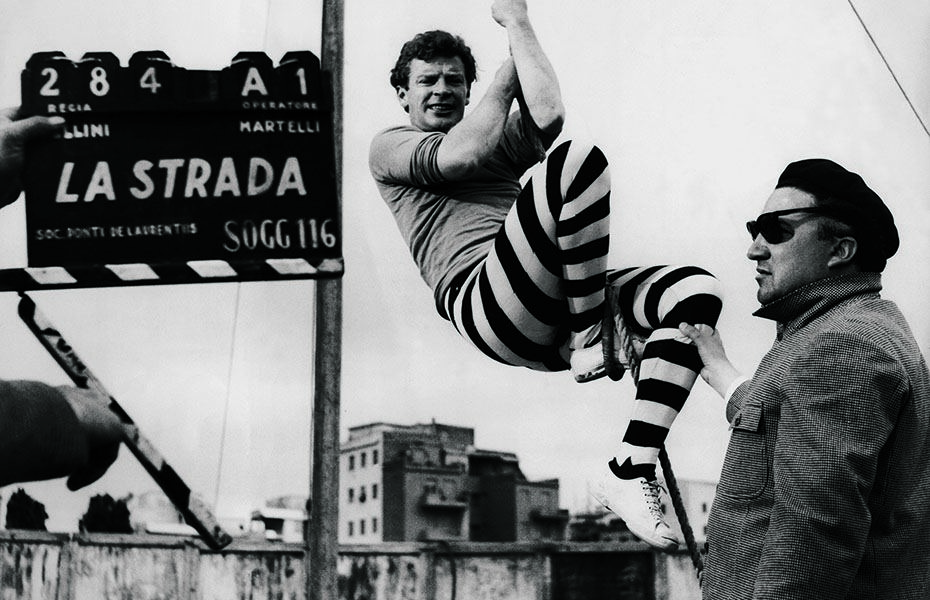
In the XNUMXs, in the wake of the new industrialization, another masterpiece was born: The vitelloni. This work traces the memories and remembrances of Fellini ragazzo, among the streets of Rimini, just as it will do Amarcord twenty years later. In 1954 he comes to create what will be his first colossal success, La strada. The film, moving on a path of poetry and post-war life, tells the tormented love story between a wonderful Giulietta Masina (wife and muse of Fellini), ed Anthony Queen, weird street performers. A world of the least and marginalized the one told by the director, which is also expressed in it The nights of Cabiria, where Fellini wins a Oscar for best foreign film. Its iconicity certainly comes in the sixties, when one of the most identity films in the history of cinema is released: Dolce vita.
The years of Dolce vita and the last Fellini
With Dolce vita, Federico Fellini enters fully into the history of auteur cinema. With a stellar cast, which sees the fantastic as protagonists Marcello Mastroianni and the voluptuous Anita Ekberg, the film (defined by the director himself as Picassian) moves in a society with strong erotic and decadent tints, against the rampant economic well-being of the time. The famous scene of the beautiful Swedish actress who basks in the waters of the Trevi Fountain, calling her Marcello, it occupies not only the mind, but also the heart of us all. Moreover, the deep friendship with Matroianni it will not be limited only to this film, but will increase its intensity in another world-famous film: 8''. With 8'' Fellini consecrates his eclectic genre, telling that the idea for the realization of the work almost to him escaped from the mind, as if it belonged to something ethereal, not earthly.

Awarded with another Oscar, the film was also featured in the English magazine Sight & Sound, occupying the 9th place among the most beautiful films ever made. Also Amarcord, the work of memory, allows him to cash in another Oscar, and once again show the discomfort of the Rimini villages, where the melancholy and nostalgic call of the past is wisely offered by the author's ancient autobiographical experience. Work and awards follow, until 1993, the year in which the director brings home theThe most important Oscar of all, the career one. Unfortunately in the same year, precisely on October 31st, the Rimini filmmaker passed away at the age of 73. An end that has all the flavor of a beginning, the beginning of an exquisitely Italian myth: Federico Fellini.
